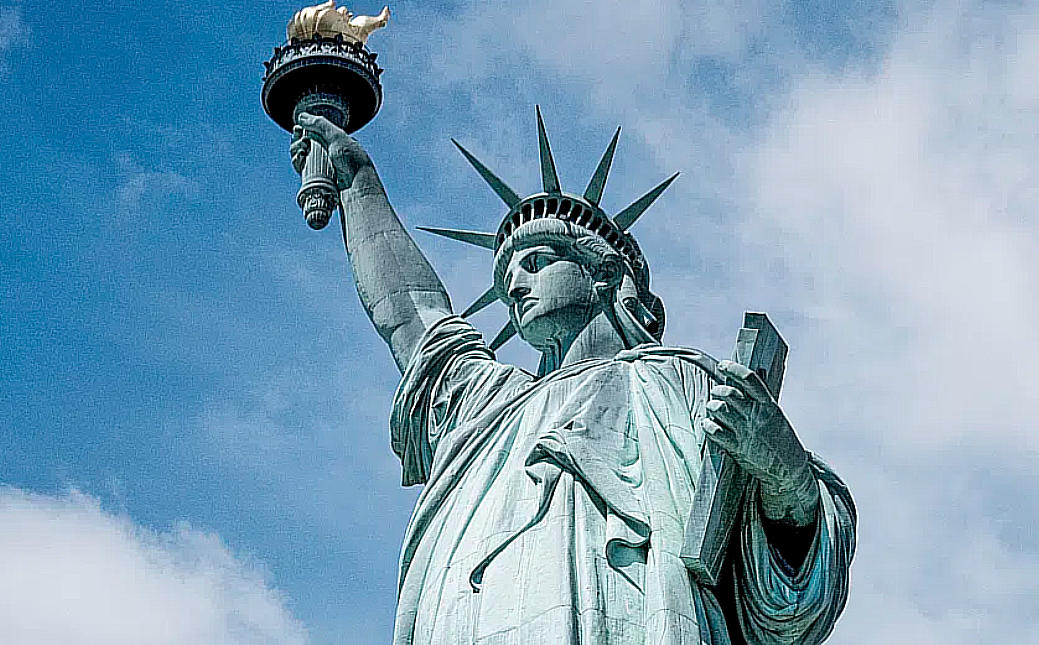Civil Liberties and Civil Rights are terms that are frequently used interchangeably. Both are cornerstones of a democratic society, ensuring that citizens enjoy a life of freedom and equality. However, they denote two different aspects of personal freedom and societal fairness. Let’s delve deeper into the distinctions between the two concepts.
Civil Liberties: Protecting Individual Freedoms
At its core, civil liberties pertain to the fundamental rights and freedoms protected from infringement by the government. They are primarily set forth in foundational documents, like the U.S. Constitution and the Bill of Rights. These liberties emphasize limiting the power of the government and ensuring that it doesn’t impede on the personal freedoms of its citizens.
Examples of Civil Liberties:
- Freedom of Speech: The right to express your views without fear of government retaliation or censorship.
- Freedom of Religion: The right to practice (or not practice) any religion without governmental interference.
- Right to Privacy: The right to a private life free from governmental surveillance or unnecessary intrusions.
- Right to Due Process: This ensures that if you’re accused of a crime, you have the right to a fair trial, among other legal protections.
Civil Rights: Ensuring Equal Protection
Civil Rights, on the other hand, revolve around the idea of equality and ensuring that all individuals, regardless of their background, receive equal treatment under the law. They protect individuals from discrimination based on certain characteristics, such as race, gender, religion, or disability.
Examples of Civil Rights:
- Voting Rights: These ensure that every citizen has the right to vote, regardless of their race, gender, or socioeconomic status.
- Equal Employment: This protects individuals from being discriminated against based on characteristics such as age, gender, ethnicity, or disability when seeking employment.
- Access to Public Facilities: Everyone, irrespective of race, religion, or background, should have equal access to public places, such as schools and parks.
- Protection from Hate Crimes: This ensures that individuals are protected from crimes committed against them because of their race, religion, gender, or sexual orientation.
Intersection of Civil Liberties and Civil Rights
At times, civil liberties and civil rights can intersect. For instance, the right of a person to practice their religion (a civil liberty) can overlap with the right not to be discriminated against based on one’s religious beliefs (a civil right).
While both Civil Liberties and Civil Rights play a pivotal role in ensuring a just and equitable society, they serve different functions. Civil Liberties act as a shield, protecting individuals from potential government overreach, while Civil Rights act as a sword, ensuring individuals are treated equitably and justly in society. Recognizing the differences between the two concepts is essential to understanding the broader discourse on personal freedoms and societal justice.

